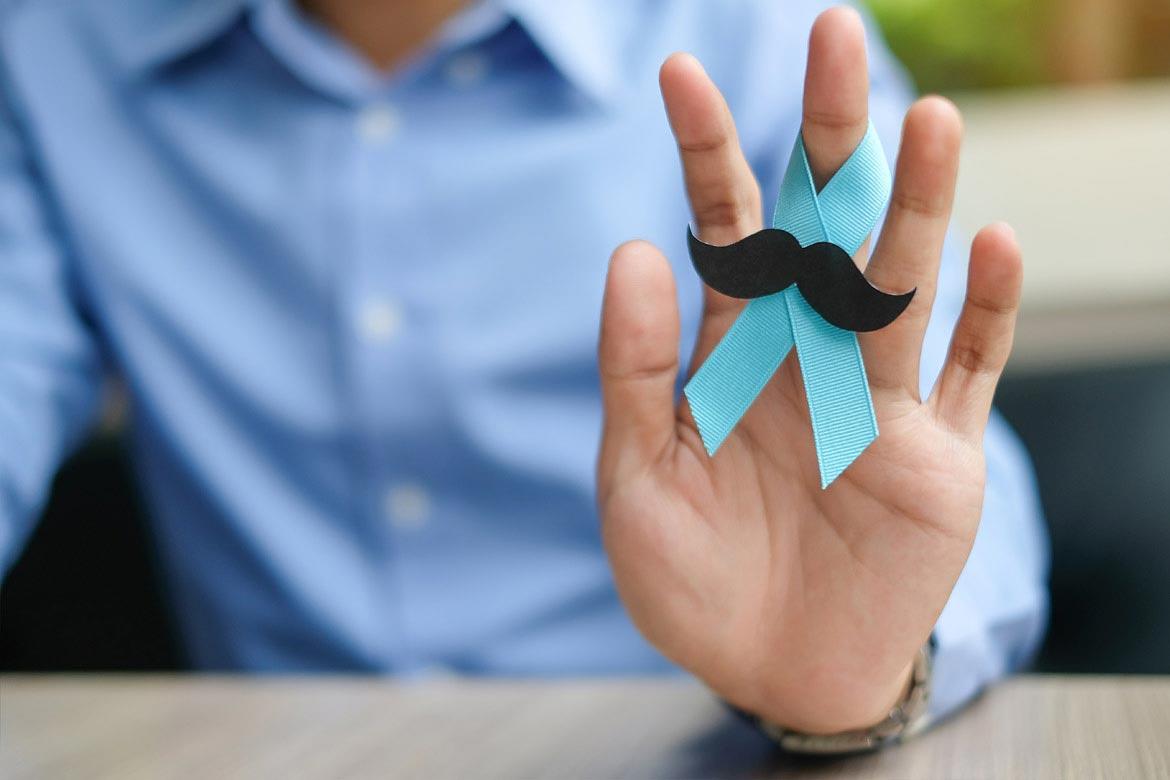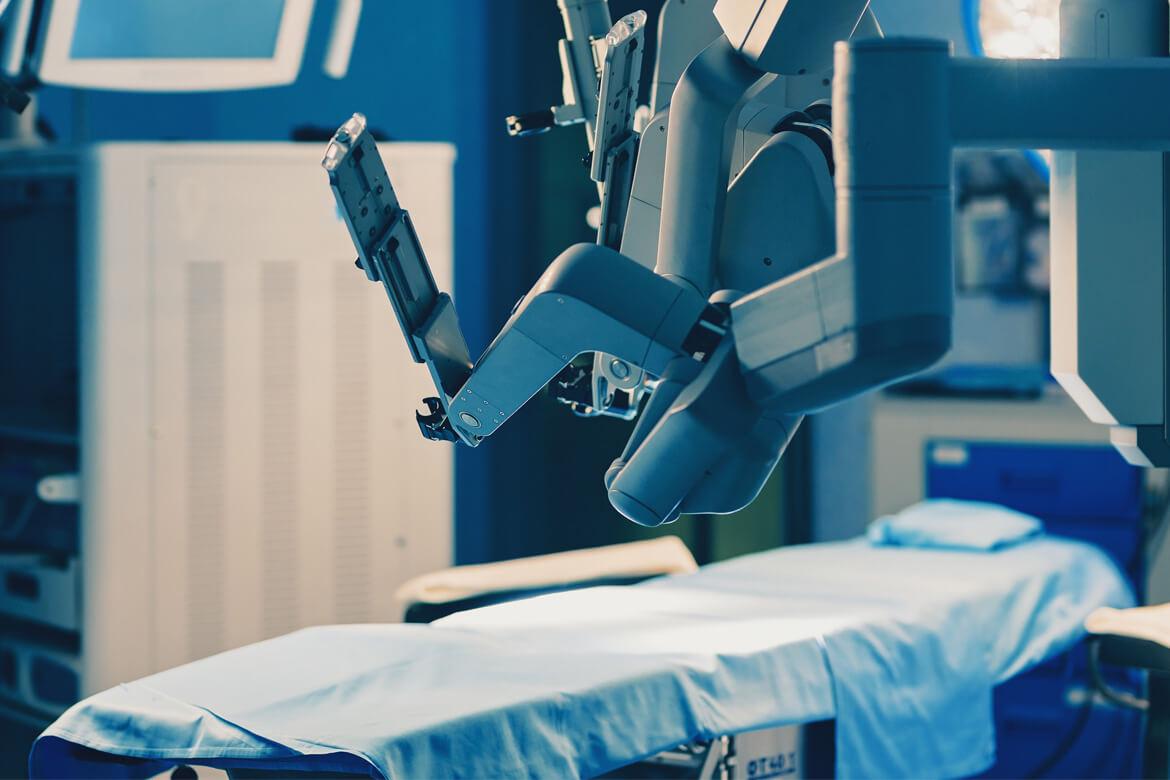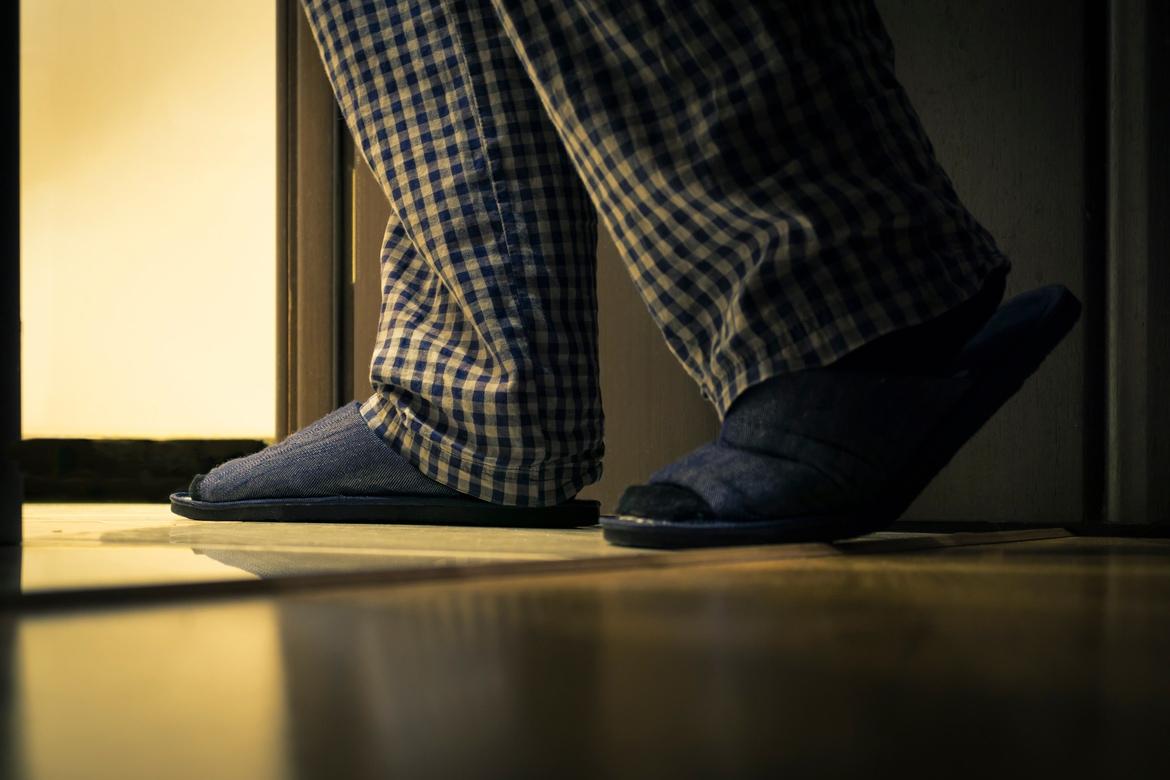
Prostate Cancer
Frequently asked questions
A: In many cases of prostate cancer detected in the early stages, surgical treatment may not be required.
Instead, your doctor may recommend active surveillance which involves regular follow-up blood tests, prostate biopsies and rectal examinations to monitor the progression of the cancer.
A: Self-examination for prostate cancer at home is not recommended because you may injure your rectum or misdiagnose the condition.
Only a urologist has the expertise to properly diagnose an abnormal or cancerous prostate, and confirm if you have prostate cancer.
A: Many prostate cancers are slow-growing and do not extend beyond the prostate gland. In such cases, they will not cause significant harm.
On the other hand, some prostate cancers can be very aggressive and cause death.
A: If you have undergone external beam radiation therapy, you may experience some side effects such as:
- Dry itchy skin
- A feeling of heaviness in your perineum
- Anal and rectal irritation
- Bleeding from the rectum or bladder
- Urinary and bowel problems
- Fatigue
If you were treated with brachytherapy, you may experience:
- Burning sensations while urinating
- Increased urination frequency
- Urinary stream that is slow or weak
- Perineal soreness or pain
- Bruising or swelling in the scrotum
- Fatigue
A: Choline (a nutrient found in eggs) is also found in high concentrations in prostate cancer cells. The blood concentrations of these nutrients have been linked to an increased risk of advanced prostate cancer.
Avoiding eggs may decrease your chance of acquiring a fatal type of prostate cancer, but it is best to consult your doctor for professional advice on your diet.
A: Around 10% of prostate cancer cases are hereditary and associated with inherited gene variants such as BRCA1 or BRCA2.
If you have a father or brother with prostate cancer, that more than doubles your risk of prostate cancer.
Hereditary prostate cancers tend to occur at a younger age, compared to non-inherited cases.
A: Although the testicles and prostate are both part of the male reproductive system, testicular cancer and prostate cancer are different as they occur in different parts of the body, and have different symptoms and risk factors.
Prostate cancer occurs when cancer cells are found inside the prostate gland, which is responsible for producing semen-carrying fluid.
Testicular cancer occurs in testicles, which produce sperm and the testosterone hormone.
A: The majority of prostate cancer cases occur in men over the age of 50. However, in rare circumstances (e.g. inherited prostate cancer), there is a risk of acquiring prostate cancer in your 20s and 30s.
A: There is no sufficient data to support that prostate cancer can be passed to another person through sex or by any other means.
A: No, blood donation is not advised if you have prostate cancer as cancer cells can be passed on through blood.
A: No, because the prostate gland is part of the male reproductive organ and is not found in females.
However, there is a small gland or group of glands at the front side of the vagina called Skene's glands. Its structure and function is similar to the prostate gland in males, and are sometimes referred to as the 'female prostate'.
Cancer of the Skene's glands is extremely rare.
A: There is no conclusive evidence to prove that being sexually active decreases the risk of prostate cancer.
A number of studies have suggested that men with greater ejaculation frequency are associated with a slightly lower risk of prostate cancer. However, these findings have not been fully substantiated.
A: Erectile dysfunction is the most common side effect that usually lasts for several months after prostate cancer treatment.
This is due to the hypersensitivity of the nerves and blood vessels that control the physical aspect of an erection, and any trauma (i.e. treatment) to the region will result in changes.
This coverage checker is brought to you by Health Insured, an online resource that helps you understand your health coverage in Singapore.
This page has been reviewed by our medical content reviewers.
Need help?
For enquiries, please call
+65 6250 0000 (Orchard) or +65 6898 6898 (Novena)
For appointment bookings, please WhatsApp
+65 8111 7777 (Orchard) or +65 8111 5777 (Novena)
 Brain & Spine Care
Brain & Spine Care







